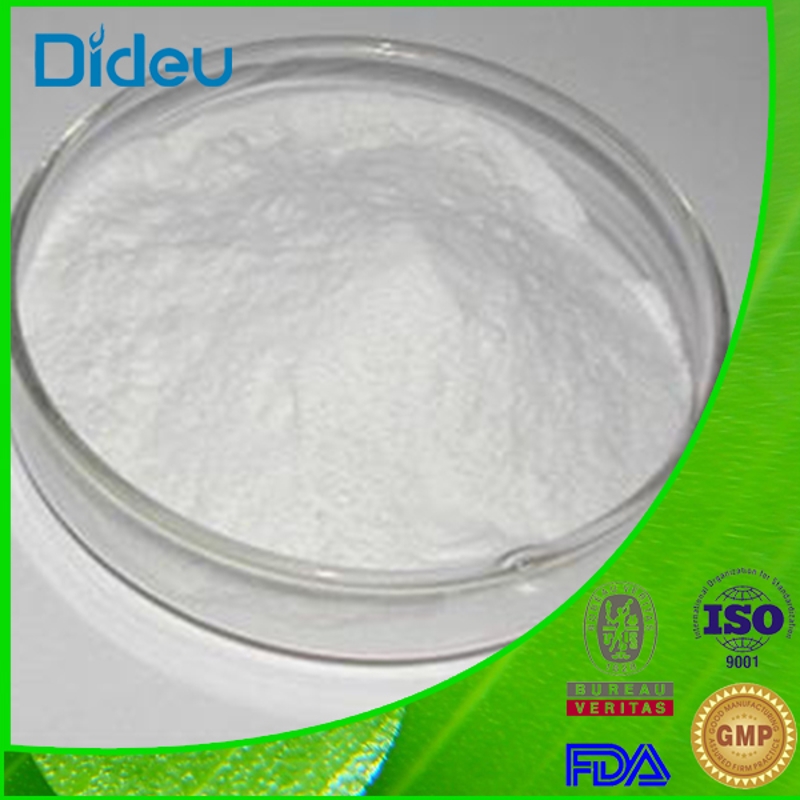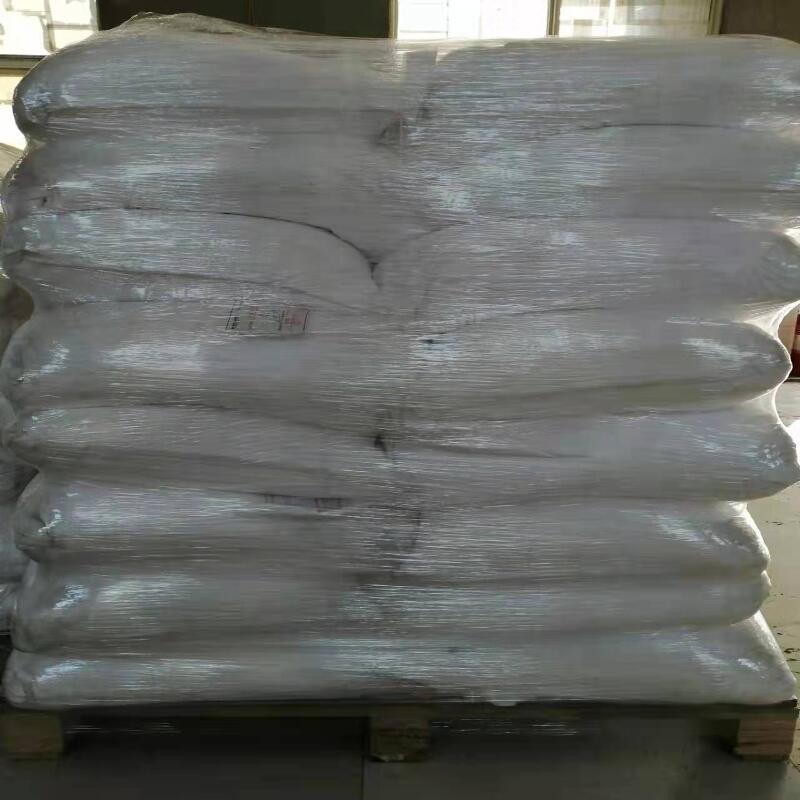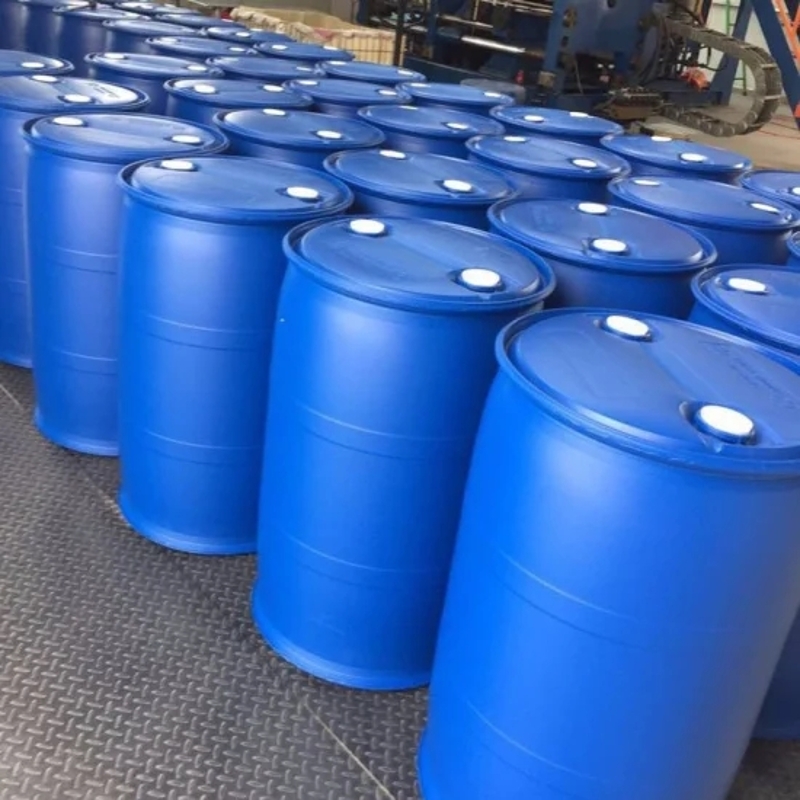-
Categories
-
Pharmaceutical Intermediates
-
Active Pharmaceutical Ingredients
-
Food Additives
- Industrial Coatings
- Agrochemicals
- Dyes and Pigments
- Surfactant
- Flavors and Fragrances
- Chemical Reagents
- Catalyst and Auxiliary
- Natural Products
- Inorganic Chemistry
-
Organic Chemistry
-
Biochemical Engineering
- Analytical Chemistry
-
Cosmetic Ingredient
- Water Treatment Chemical
-
Pharmaceutical Intermediates
Promotion
ECHEMI Mall
Wholesale
Weekly Price
Exhibition
News
-
Trade Service
Bean sprouts are a vegetable with high nutritional value, which has become the favorite choice
of entrepreneurs because of its simple production process, small input cost and low entry threshold.
Family-style and workshop-style processing is a common status quo in the industry, and it is difficult
to supervise.
In order to make bean sprouts fresher and taste better, some illegal merchants will illegally add some substances in the production process, if you often eat such bean sprouts, it will bring hidden dangers
to people's health.
In recent years, bean sprouts have repeatedly appeared on the "problem food" list
.
The food sampling inspection announced by the market supervision department shows that some enterprises have added sodium 4-chlorophenoxyacetate, gibberellin and 6-benzyladenine banned by the state to bean
sprouts.
These substances, commonly known as "rootless agents", are plant growth regulators and plant exogenous hormones
.
So, how to choose safe bean sprouts and avoid eating "problem bean sprouts" that cause harm to health? A few days ago, the author went to the Beijing market to conduct research and found that supermarkets sell more "white jade" brand yellow bean sprouts and mung bean sprouts
.
Problem mung bean sprouts versus normal mung bean sprouts (right is normal mung bean sprouts)
Problem soybean sprouts vs.
normal soybean sprouts (right is normal soybean sprouts)
According to the address on the product, the author and his party came to the factory of
Beijing Ershang Xijie Food Co.
, Ltd.
located in Lucheng Town, Tongzhou District.
After explaining the intention, a technical person in charge of the company warmly received the author and took the author into the bean sprouts production workshop
.
The production environment of the workshop is clean and tidy, and the sprouts at different growth stages are placed in several cultivation rooms for cultivation
.
The beans are cleaned, disinfected, cultivated, hatched, germinated, shelled, dehydrated, and cooled in the workshop to grow into tender bean sprouts
.
The technical person in charge introduced that the raw materials selected by the company are high-quality beans, from raw material cleaning and disinfection, constant temperature incubation and germination, uninterrupted regular dehydration to cooling and packaging, all realize mechanized operation, and finally walk on the table
of thousands of households.
He said that the company's bean sprout products are produced and processed in strict accordance with Beijing's "Detailed Rules for the Review of Industrial Bean Sprouts Production License", and the enterprise standards are formulated in accordance with the requirements of the market supervision department, without adding harmful substances such as growth promoters, and are naturally hatched after
7 days.
He revealed that the raw materials of many individual workshop manufacturers are often not cleaned and disinfected, and the incubation process uses less water, or even only sprays water once a day, relying on a large number of rootless agents and thickeners to regulate the growth state of
bean sprouts.
In order to keep the sprouts transparent and white, individual manufacturers bleach
the sprouts with sulfur dioxide before they are marketed.
"You see, the normally soaked sprouts are thinner and appear very 'thin', with longer roots and gray
color.
The rootless bean sprouts are produced by adding rootless agents, the sprouts are very thick, there are no root whiskers, and the color is white and bright
.
From the detection index, 6-benzyladenine and sodium
4-chlorophenoxyacetate can be detected with the addition of rootless and bleaching bean sprouts.
None of the bean sprouts without root agent or bleach were detected with 6-benzyladenine and sodium
4-chlorophenoxyacetate.
The person in charge said that it is best to buy bean sprouts with roots 3-5 cm long, thin tails, and well-developed
roots.
Very white and very coarse sprouts are not recommended to buy, the very white color is caused by sulfur dioxide bleaching, especially coarse is the addition of thickeners
during growth.
The author saw at the scene that the "white jade" bean sprouts are slender and slender, and have long root whiskers
.
The person in charge said that because most of the bean sprouts in the market are white and fat "medicine bean sprouts", consumers do not recognize
thin and multi-root bean sprouts.
Many consumers have complained about how thin the roots of "white jade" bean sprouts are, believing that they are caused by
the addition of unsafe substances.
At the same time, because the "medicine bean sprouts" sprouts are thick and strong, the yield rate is 40% more than that of "white jade" bean sprouts, so it has a cost advantage and a lower
price.
Under the impact of the market "medicine bean sprouts", the sales of "white jade" bean sprouts have declined by more than 30% every year, and the daily output has dropped from 13 tons in 2000 to 5 tons at present, mainly relying on supermarket system sales
.
The person in charge also said that if the decline continues at this rate, in 2023, the bean sprout workshop will be forced to close due to the difficulty of supporting production capacity, and the "white jade" bean sprouts will completely withdraw from the market
.
On the one hand, it is abandoned by consumers due to cognitive errors, and on the other hand, it is squeezed out by illegal businesses using sensory confusion and cost advantages, and "white jade" bean sprouts have been in trouble
.
At present, it is necessary to accelerate the introduction of standards and regulations related to bean sprouts to facilitate supervision
.
The production of bean sprouts is mainly based on the production of small workshops, the production process is poorly standardized, the concealment is strong, and supervision is a difficult point
.
Therefore, it is necessary to establish a unified coordination agency, strengthen food safety supervision, "punish evil and promote good", and ensure food safety
at the people's table.
(He Yitao)
China Food News(2022.
01.
07.
04 Edition)
(Editor: Zhu Meiqiao)







